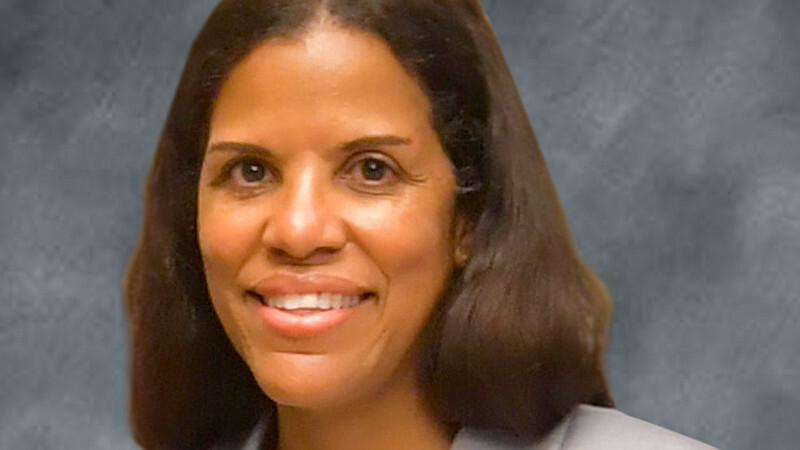A partnership between Texas Southern University (TSU) and the National Aeronautics and Space Administration (NASA) will provide students expanded opportunities for education, workforce development and research, per a report from Houston CBS affiliate KHOU.
Known as the Space Act Agreement, KHOU reported, it forms a partnership between the historically black college and university (HBCU) institution and the government agency in an effort to build a sustained pipeline of diverse talent for science, technology, engineering and mathematics (STEM) careers for primarily the Johnson Space Center (JSC) and the companies the facility works with.
The participating students will assist with NASA’s Artemis program, which plans to send the first woman and the first person of color to the moon, according to KHOU.
The station reported that TSU, which is located in Houston’s Third Ward neighborhood some 30 miles north of JSC, is one of only a dozen HBCUs to be classified by the Carnegie Classification of Institutions of Higher Education as "R2: Doctoral Universities – High research activity," which drew NASA’s attention.
Misty Moore, the project lead for JSC’s Minority University Research and Education, told KHOU that TSU will host a NASA Infusion Road Tour, a rarity for an HBCU school.
The agreement, which is expected to last five years, occurred just three months after Dr. Michelle Penn-Marshall assumed the newly created vice president of research and innovation position at TSU.
"To do this at Texas Southern is really an honor,” Penn-Marshall said, KHOU reported. “It's an honor because it affords our opportunity to showcase their talent and abilities. The collaboration with NASA and Texas Southern University allows students of color to be represented at NASA."
TSU President Dr. Lesia L. Crumpton-Young said in a school-issued press release that the agreement is an example of “TSU’s commitment to its guiding principles of innovation, transformation and disruption.”
“This partnership will make a difference in the lives of our students and faculty,” Crumpton-Young said.

